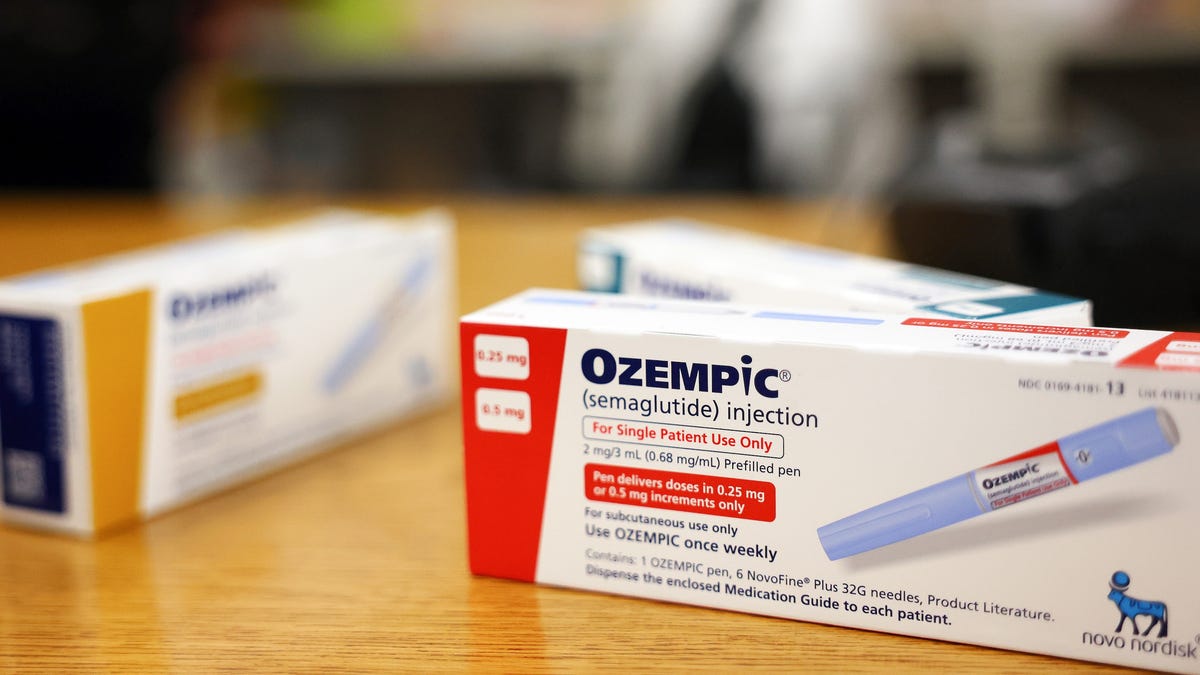In the farms and fields of Darke and Shelby counties in western Ohio, Donald Trump enjoys near-unfettered support. In the 5 November election, more than 80% of voters here backed the president-elect – the highest rates of any counties in Ohio.
But western Ohio is also prime corn growing ground, and with Robert F Kennedy Jr Trump’s pick to head the Department of Health and Human Services, many here may find themselves struggling if Kennedy is allowed to reshape America’s food industry to his liking.
In sharp contrast to Trump’s first administration, when Department of Agriculture officials and appointees worked closely with agriculture interests, Kennedy has vowed to ban high fructose corn syrup and seed oils, a move that would significantly reduce demand for a host of crops.
About 90m acres of land – an area larger than Greece – is used to produce corn in the US every year. About 8% of that is used to produce corn sweeteners, say experts.
High fructose corn syrup is produced by turning glucose into fructose and is regarded by many health experts as contributing to the incidence of obesity and diabetes. Fructose is a sweetener used as a cheaper and longer-lasting alternative to sugar. It’s used in ultra-processed foods such as certain ketchup varieties, peanut butter and cooked meats.
“It would be a major loss for corn producers. You’re talking almost 10% of the entire corn market. You’re looking at 1.3 to 1.4bn bushels of corn that would be displaced. That would drop prices significantly if, say, that was to happen immediately,” says Chad Hart, an expert at Iowa State University.
“The question with a ban is over what period of time would that ban be rolled in? Would it give opportunities for producers (to switch crops) over a few years and have less of a dramatic impact on pricing? But it’s still pulling away a major source of demand.”
Kennedy, controversial for his views on vaccines, wants potato fries and other popular foods to be cooked in animal-based fats such as beef tallow instead of seed oils. Some dietitians, however, say beef tallow contains six times as much saturated fat as canola oil. The ready availability of seed oil and corn syrup means that these products, and the foods they are used to cook, are cheaper than animal fats.
Several corn growers and Republican party voters in Ohio’s Darke and Shelby counties declined to offer their views on Kennedy’s potential appointment. One grower interviewed declined to share what candidate they voted for in the November presidential election.
Other farmers have expressed concern about speaking in critical terms of President-elect Trump or Kennedy for fear of being turned down for subsidy programs or agriculture loans from the US Department of Agriculture under the incoming administration.
Trump’s backing of Kennedy has also appeared to put major corn and seed oil lobby groups in a bind.
The Ohio Corn & Wheat Growers Association declined to comment on what effects Kennedy’s potential appointment could have for its growers.
The US Corn Refiners Association, whose member companies include the agribusiness and food giants Cargill and Tate & Lyle Americas, also declined to comment on how Kennedy’s agenda might affect its industry, though a spokesperson shared a statement saying: “While high fructose corn syrup contributes to calories in the diet, there is no scientific evidence that high fructose corn syrup is a unique contributor to obesity or diabetes.”
Experts, however, say that few growers and agri-economists expect a ban of high fructose corn syrup and seed oils from day one of Trump’s new administration.
“But I think they are looking to see how this discussion proceeds as we go through 2025. Mr Kennedy has been nominated but has not been confirmed yet. They’re waiting to see actual policy,” says Hart.
“Farmers didn’t necessarily vote for Trump on one issue. They’re looking at the balance of what they’re getting from his administration to determine their support.”
That’s a sentiment echoed by Dan Kelley, who with two brothers farms more than 1,500 acres of corn in the Bloomington area of central Illinois.
He says he hasn’t made any plans to plant less corn next year due to the possible fall in demand that may result from Kennedy’s proposals.
“I don’t expect a quick ban [on the use of high fructose corn syrup in food],” he says.
“I’m more concerned with competition from [cheaper] Brazilian soybeans and the effects that tariffs on China could have on us, than a stance by Kennedy may have.”
He says that for many growers he knows, Trump’s pick of Kennedy is surprising, “but people are not overly concerned that we’re going to have to change our planting”.
While corn and seed crops make up a major part of US agriculture, high fructose corn syrup deliveries, an indication of consumption, have fallen by about half since 1999.
Kennedy has claimed in a video seeking donations to pay for a physical security debt he owes, that he plans to give farmers an “off-ramp from the current system that destroys their health and wrecks the soil”. His failed run for the White House has also reportedly put him millions of dollars in debt.
“At this point, it’s yet to be seen whether it’s going to have any effect on the markets,” says Kelley.
“Farmers are in wait-and-see mode and trust that the president-elect and administration will have reasonable discussions with producers.”















